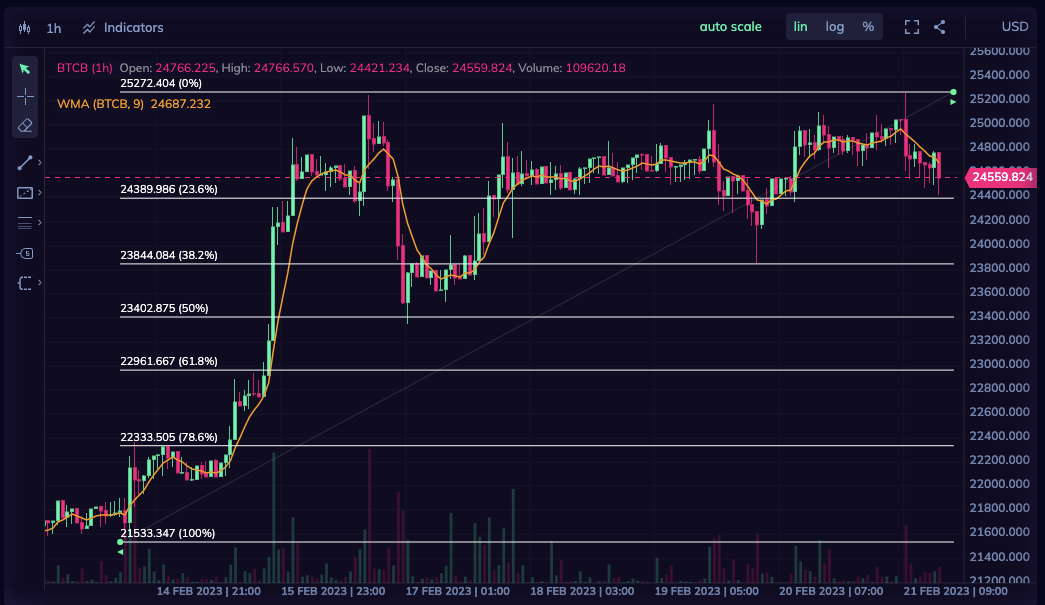What is Decentralization?
Decentralization refers to the process of distributing power and authority away from a central point or entity. In the context of technology, decentralization often involves the use of distributed ledger technology.

Decentralization is a term that has gained significant attention in recent years, particularly in the context of technology and business. But what is decentralization, and how is it shaping the future of industries and societies around the world?
The Name and Definition of Decentralization
Decentralization refers to the process of distributing power and authority away from a central point or entity. In the context of technology, decentralization often involves the use of distributed ledger technology (DLT) such as blockchain to create a network of nodes that are all connected and work together to maintain a secure and transparent system.
History of Decentralization
The roots of decentralization can be traced back to the early days of the internet. The internet was designed to be decentralized, with no central authority controlling its functions. This allowed for a level of freedom and creativity that was not possible with centralized systems.
In recent years, the emergence of blockchain technology has brought decentralization to the forefront of the tech industry. Bitcoin, the first and most well-known application of blockchain, was created in 2009 as a decentralized alternative to traditional banking systems. Since then, a variety of blockchain-based platforms and applications have emerged, offering everything from secure data storage to decentralized marketplaces.
Examples of Decentralization
There are many examples of decentralization in action today. Bitcoin and other cryptocurrencies are decentralized alternatives to traditional banking systems, allowing users to send and receive funds without the need for intermediaries. Decentralized finance (DeFi) platforms allow users to access financial services such as lending and trading without the need for traditional banks or financial institutions.
In addition, decentralized marketplaces such as OpenBazaar and decentralized social media platforms like Mastodon and Steemit offer alternatives to centralized platforms like Amazon and Facebook.
Key Figures and Statistics
There are many influential figures in the decentralization movement, including Vitalik Buterin, the creator of Ethereum, and Satoshi Nakamoto, the pseudonymous creator of Bitcoin. As of January 2022, the total market capitalization of cryptocurrencies was over $1.7 trillion, with Bitcoin accounting for over 40% of that total.
The Future of Decentralization
The future of decentralization is uncertain, but it is clear that it has the potential to transform a variety of industries and societies. Decentralized systems offer a level of transparency, security, and flexibility that is not possible with centralized systems.
In the years to come, we can expect to see further development and adoption of decentralized technologies, particularly in the areas of finance, data storage, and governance. However, there are also challenges to overcome, including regulatory barriers, scalability issues, and the need for interoperability between different decentralized systems.
Conclusion
Decentralization is a transformative trend that is changing the way we think about technology and society. From cryptocurrencies to DeFi platforms and beyond, decentralized systems offer a range of benefits and opportunities for users and businesses alike. As this trend continues to evolve, we can expect to see even more innovation and disruption in the years to come.




